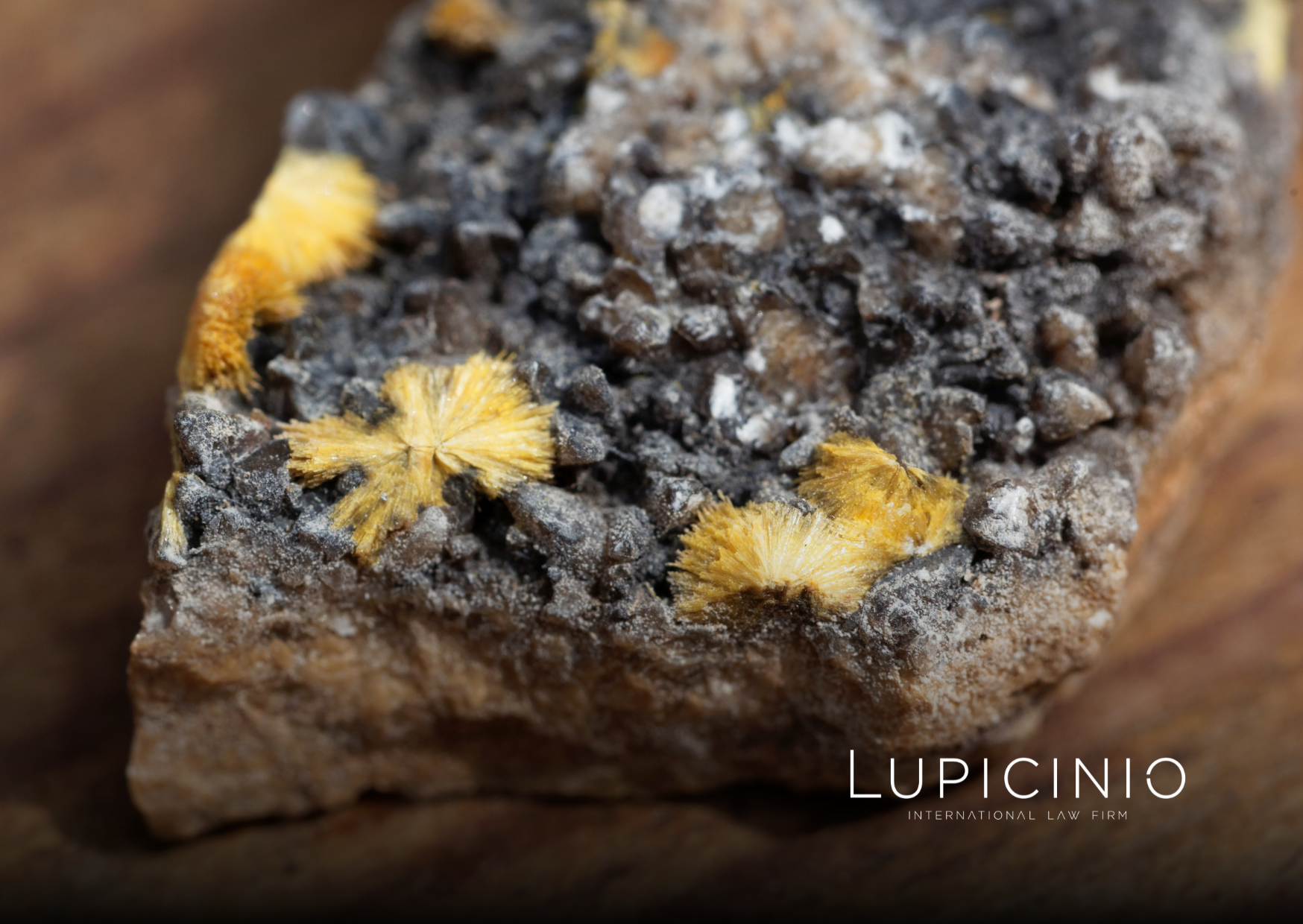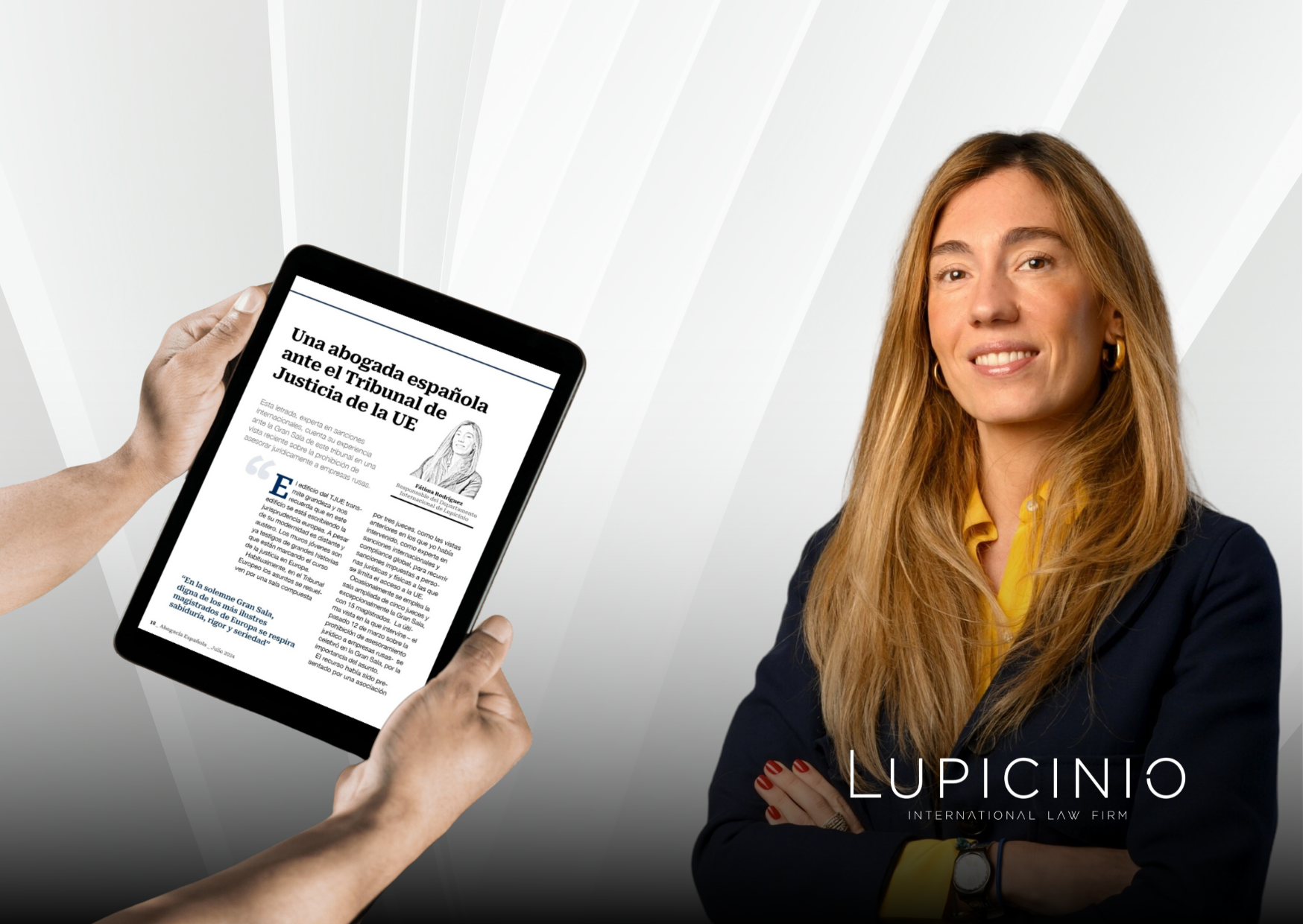The upstanding dismissal of the appeal filed by the ex-Dean of the Illustrious College of Lawyers of Madrid (ICAM) against two agreements of the Electoral Commission of the ICAM which validate the candidacy and subsequent announcement of Sonia Gumpert as Dean denotes, within the theory and practice of electoral law, a triple victory: that of the will of artisanal, traditional lawyers, the large majority of practicing lawyers, against a traditionally elitist establishment, rooted for decades within the government of the College and strongly supported by mega-firms and by the big four. It also denotes the victory of principal democratic substance (free, direct and secret voting) dealing with the procedural issues or rituals of subsidiary motions, and has also led to victory for pragmatism and thus the surviving interest of professional corporations – in its non-public role – regarding the procedural framework and forensic skill and ingenuity. Because…what would the College be with vacant headquarters, suspended elections and an “executive committee”? The official of the Administrative Litigation Court no. 22 of Madrid gave a clear verdict sustained on the principle that it is – essentially – the will of the voters and respect for their decisions that prevails as essential criteria, in comparison to some controversy – non-nuclear – within an electoral process in the heart of professional associations.
The Judge’s valuation is very interesting, at the time of claiming that it is the “principles” – substantive law – and not the “precepts” – adjective or procedural law – of the Organic Law of the General Electoral Register that must be alternatively applied in case of “notable loopholes” in the regulation of electoral processes in collegiate bodies. And it is here that the Judge discloses the statutory shortcomings of the ICAM with regards to negligence in the regulation of its electoral processes. The Judge succinctly and implicitly criticizes the lack of technical and legal expertise in the drafting of certain articles in the Statutes of the ICAM, omitting the “free” nature of the vote, although it specifies that the article certainly recognises it as “direct, personal and secret”. It also invites the Magistrate Judge to regulate the duration of the electoral process and publicity of candidates in the Statutes of lawyers of Madrid. What is important is that aside from discussion on adjective and procedural matters, one thing is clear: the unmistakeable electoral will.
“The collegiate will was expressed in total clarity on Election Day”
Solely those circumstances, insists the Magistrate, which decisively affect the outcome of the vote would be able to overturn the will of the voters.
Let us remember that the electoral will was expressed “with total clarity” following the electoral process: 6,426 votes for Gumpert over 3,293 for Hernández-Gil.
Two of the three allegations expressed by the appellant – the existence of “secret pacts” between different candidates and canvassing votes at the time and place of the election were unstintingly dismissed in Court. The pacts, the Judge went on to say, are “legitimate and even logical” in elections. With regards to the second allegation, the Judge confirms that the Statutes of the ICAM do not consider the so-called “day of reflection”, so no regulation prohibits the distribution of propaganda and/or the canvassing of votes during the Election Day itself.
Provided that this type of behaviour, confirms the sentence, does not affect the “free, personal and secret” nature of the vote.
What is certain is that the new Dean – a woman who does not come from magic circles – has, at the very least, blazed new trails of reflection with regards to the practice of the collegiate government as well as a new dialogue with the legal profession’s immense electoral body.
The Spanish legal sector is suffering – like in many other countries – the dichotomy between, on the one hand, big firms and boutiques with profitable and captive goodwill and, on the other hand, a myriad of small firms and traditional lawyers fighting a silent battle for survival.
All forms are necessary for a diverse and changeable social network. The new Government of the College seems to be doing something right in its commitment to educating and training young lawyers, reinforcing the legal security of our litigants. If only civil society would value the necessity of all these areas of the legal sector and then sustain its continuity with adequate remuneration.






